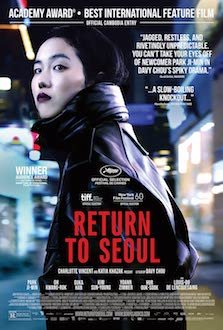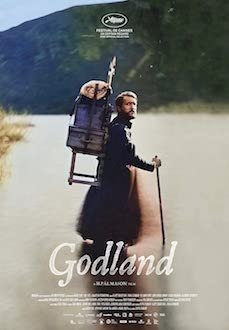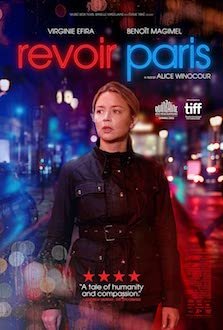Direction: Guy Ritchie
Country: USA
British filmmaker Guy Ritchie, whose career path had a brilliant start with Lock, Stock and Two Smocking Barrels (1998) and then fell into poor action flick clichés that kept going until the recent Operation Fortune (2023), returns to good form with The Covenant, a searing war drama with considerable edge-of-your-seat moments. In truth, there’s nothing mind-blowing in this fictional Afghanistan War story, but even if it doesn't shake us like a blast, it is not an unpleasant watch. I was not disappointed with the action scenes, which still indicate Ritchie’s tendency for bellicose cinema, but both the tension created and story development are more favorable this time. He also co-wrote and produced the film.
Jake Gyllenhaal and Dar Salim star as the steadfast Master Sargent John Kinley and the intriguing Afghan interpreter Ahmed, respectively. Ahmed saves Kinley’s life when his unit is ambushed by the Taliban, but then is forced to hide with his family as the enemies put a high price on his head. Outraged by the apathy of the US Army in dealing with this matter, Kinley decides to follow his conscience and rescue him himself. It’s a linear but straightforward plot about retribution.
Often captured with handheld camera and featuring a score that emphasizes as much the heroic as the emotional side of things, The Covenant is not earth-shatteringly exciting, but manages to trace the political and cultural scenario of the time without overstuffing things.








































